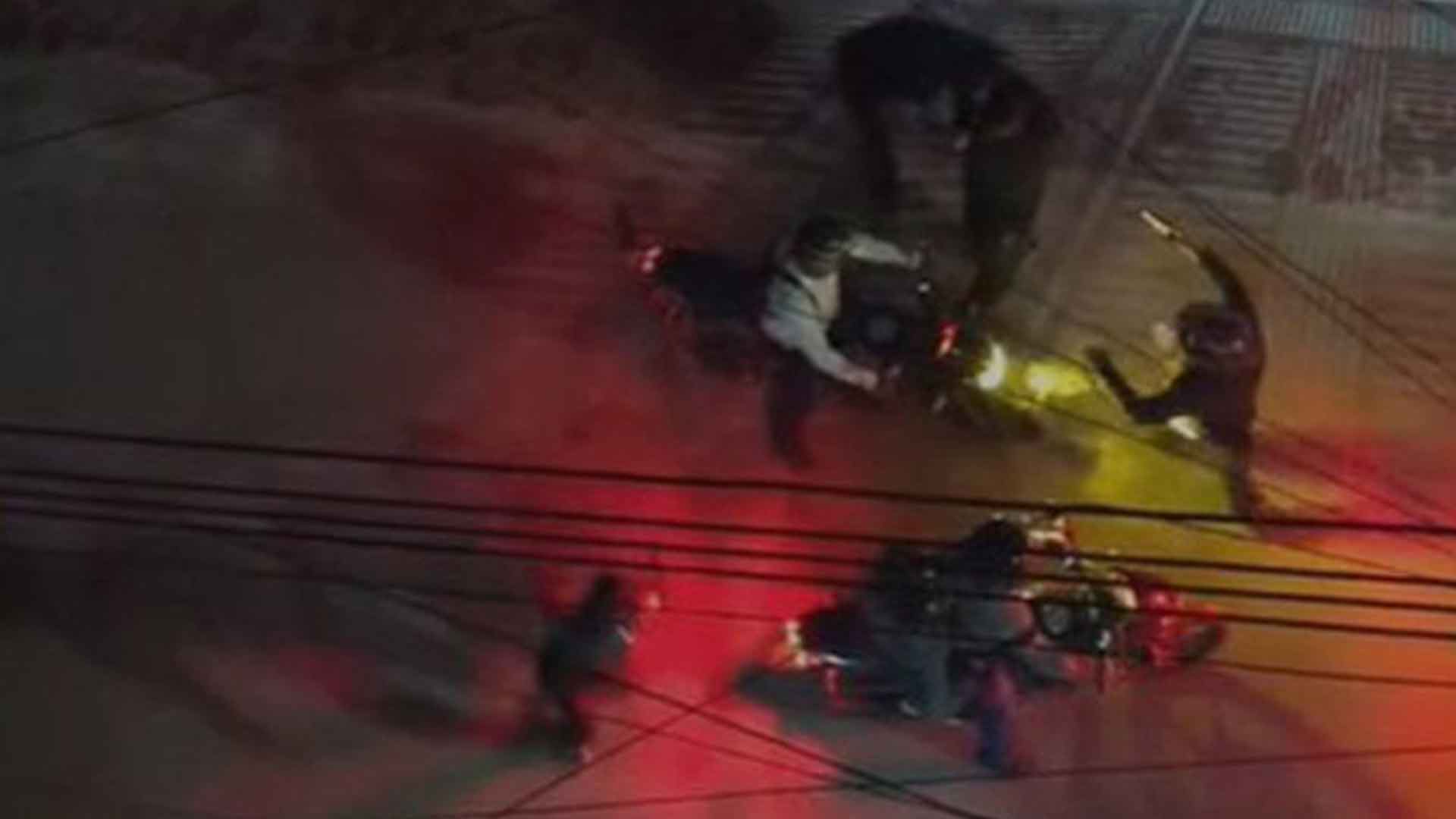Bangladesh’s alarming rise in street crime
Amid the shadows of Bangladesh’s surging cities, an invisible war is being waged. Not one of political protest or industrial strife but of street crime. From the crowded alleyways of Dhaka to the port city of Chattogram to the quieter corners of Rajshahi, an urban crime wave is rattling public confidence and putting lives at risk.
What’s behind this disturbing phenomenon? And how might a world-renowned resilient nation face down this inexorable crisis?
The New Face of Urban Crime
Street crime, long relegated to shadowy alleys and underworlds, has burst across Bangladesh’s ordinary life. Numbers paint a chilling picture with motorcycle snatchers preying on pedestrians with impunity during the day, small business owners paying extortion money regularly, and the violence driven by drugs in low-income neighbourhoods.
Residents of cities like Sylhet, Khulna and Barisal have expressed similar sentiments: “We don’t feel safe anymore.”
Common crimes include:
Snatching and mugging, especially around bus stations and markets.
Local gang extortion, often with a political imprimatur.
Drug gangs fighting for control of slums and shantytowns.
Gender-based violence and street harassment during night hours, in particular.
Why Now? Understanding the Surge
Experts attribute this to a mix of reasons:
Youth Unemployment
Covid-19 economic strain and high inflation have put many young people out of work, especially in urban slums, where chances are slim to begin with.
Urban Overload
While these cities were once manageable urban areas, rapid migration has pushed their infrastructures to breaking point, and in many cases, the result is endless, informal settlements with almost no law enforcement.
Weak Policing
Urban police have been frequently undertrained, corrupt or stretched too thin.
Political Interference
Favoured powerful political groups often get away with crimes, destroying public confidence in justice.
Social Breakdown
Without resources, education, mental health and a community, the disaffected youth are attracted to gang culture and drugs.
Citizens on Edge
For the everyday urban resident, the impact is also intensely personal. Parents are afraid to let children walk to school. Women travel in fear. Vendors in the market have to bribe their way just to work. And as Bangladesh’s GDP has climbed, the good life of the city has been lost for many under the crushing pressure of insecurity.
What Can Be Done?
No one policy can solve the problem but a collaborative, multisectoral approach can make change. Here’s how:
Community-Cantered Policing
More foot patrols, police-civilian partnerships and tech-driven crime detection systems (like CCTV, anonymous hotlines) can regain visibility and trust.
Urban Renewal, With Safety in Mind
Design safer public spaces. Make the investment in lighting, walkways and public transit security. Prioritize urban safety as a planning issue not an afterthought.
Youth Empowerment Programs
Vocational training, sports clubs and digital literacy endeavours in high-risk areas should be scaled up by governments and nongovernmental organizations.
Legal Accountability
Expedite urban crime cases, and keep whistleblowers safe. Political will is critical consequences must go forward, including for the well-connected.
National Awareness Campaigns
Rely on schools and media and religious institutions to teach civic responsibility, non-violence, and respect for the law.
Toward Safer Cities
Street crime in Bangladesh is more than just a law-and-order issue it’s an issue of governance, fairness and vision. It’s not simply repo man more arrests; it’s building cities that are inclusive and safe for everyone, particularly the most vulnerable.
If we don’t do this, street crime will undermine not only public safety but the soul of our cities. But through strategic reform and inclusive and enlightened policies, Bangladesh can transform this crisis into a chance for safer streets, stronger communities and a future where we are not walking fearfully with fear.

